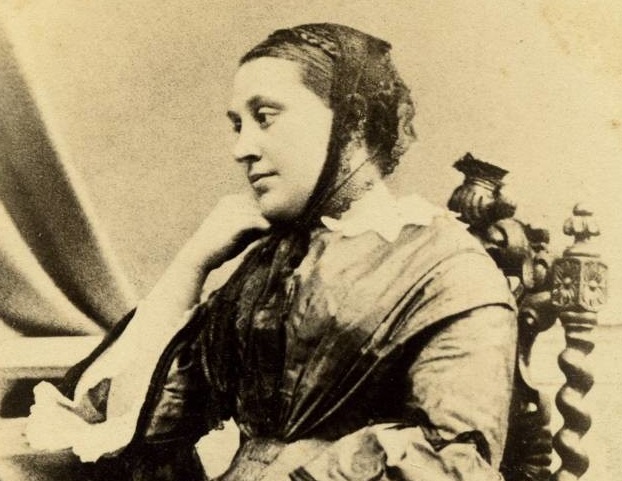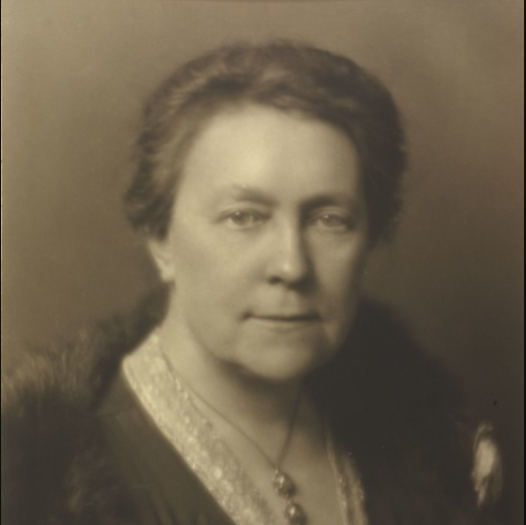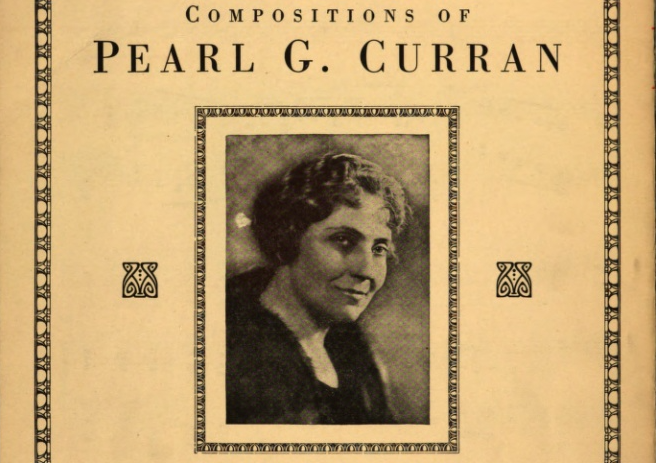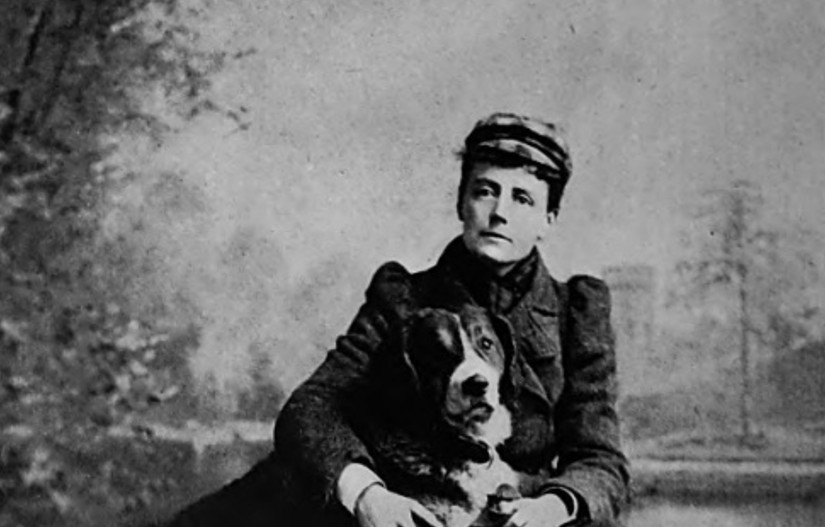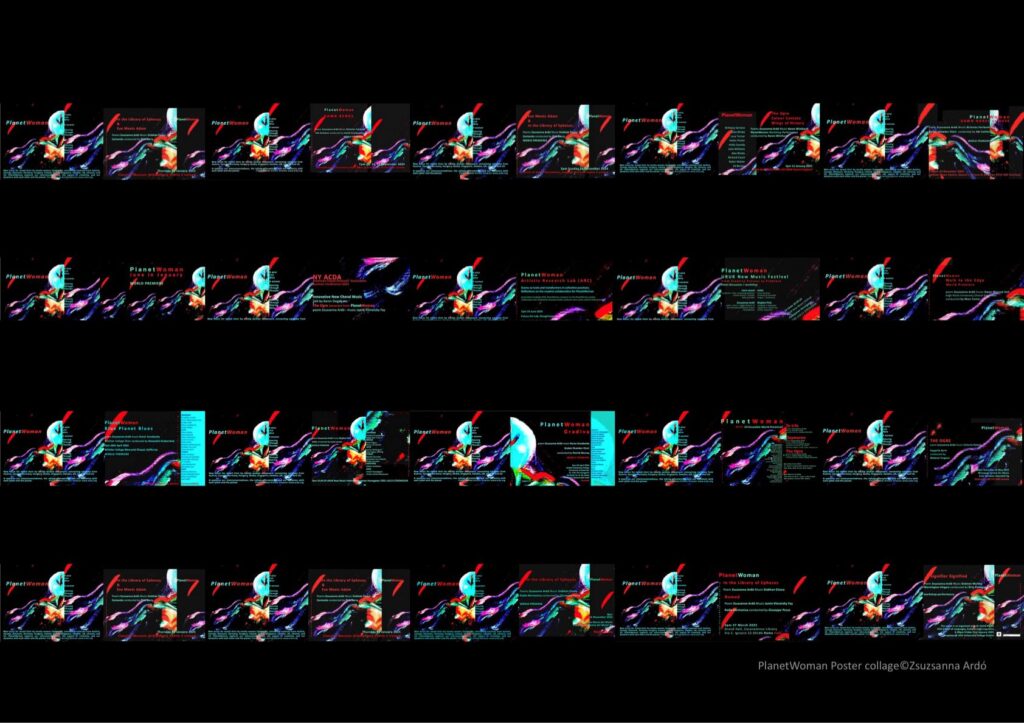One of the many rituals that gave me solace over the past year was playing the piano, which I did far more than usual. I tended to gravitate toward music that was decidedly unvirtuosic. Partly the reasons were practical: I’m not a professional pianist, so it would have been a struggle to navigate the technical challenges of, say, Chopin etudes or Bach fugues, and as a singer, I wanted to find music I could both play and sing. But I was drawn to straightforward pieces for emotional reasons, too. Playing simple music and savoring the sound and sensation of its individual notes felt like an antidote to the uncertainties of the pandemic, a necessary daily meditation.
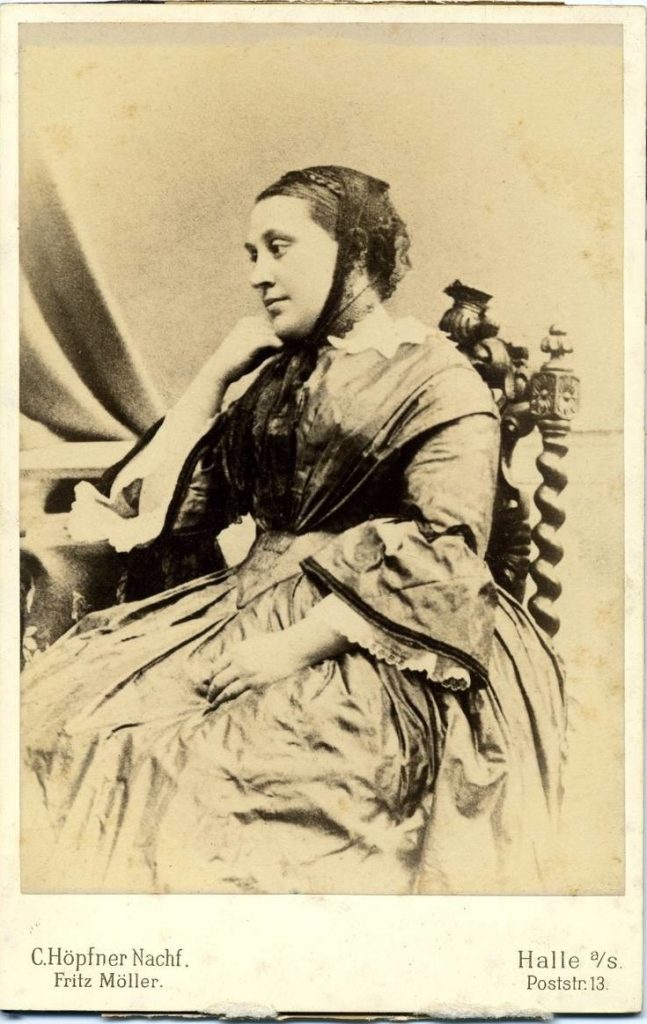
I turned often to the songs of Marie Hinrichs (1828–1891). Hinrichs is not a name that appears in surveys of nineteenth-century Lieder, even surveys of nineteenth-century Lieder by women. I first learned of her songs from Susan Youens, who wrote about a few of her Heine settings in Heinrich Heine and the Lied (2007). I’ve been working on an article about Hinrichs’s only opus—Neun Gesänge, op. 1—which she published in 1846, when she was eighteen. That same year she got engaged to the composer Robert Franz, and thereafter published no more music. (The couple was married in 1848.) Hinrichs’s output, however, doesn’t only include these nine songs. She composed fifteen other songs as well; they were collected in a booklet that is in the collection of the Händel-Haus in Halle, Germany, and which is accessible online. The title page reads “15 Lieder mit Klavier von Marie Franz geb. Hinrichs,” which suggests that sometime after 1848 she made clean copies of her unpublished songs. It’s not clear how many of these songs were written before her marriage and how many were written after, but at least two of the poems weren’t published until 1848. This means that Hinrichs did indeed continue composing some music after she was married, even if she didn’t publish what she wrote.
The Song
One of the most powerful songs from Neun Gesänge is no. 5, her setting of Ludwig Uhland’s poem “Blicke zum Himmel” (Gaze up toward heaven). The poem is grim. A mother speaks to her child about a brother who has passed away. (This post, alas, falls in a line of WSF blog posts that deal with the death of children; see the posts on Juliana Hall, Liza Lehmann, Ivanka Milojević, Florence Price, and Mary Turner Salter.) Here is Uhland’s text and an English translation by Sharon Krebs.
Mutter.
Blicke zum Himmel, mein Kind! dort wohnt dir ein seliger Bruder;
Weil er mich nimmer betrübt, führten die Engel ihn hin.
Kind.
Daß kein Engel mich je von der liebenden Brust dir entführe,
Mutter, so sage du mir, wie ich betrüben dich kann!
——
Mother.
Gaze up toward heaven, my child! there dwells a blessed brother of yours;
Because he never saddened me, the angels carried him off.
Child.
So that no angel may ever take me away from your loving bosom,
Mother, tell me how I can sadden you!
In the hands of another composer, these words might have sounded maudlin, but Hinrichs opts for restraint rather than melodrama. The expression marking is “recitirend, innig” (half sung, inward), and she sets the opening line with sustained block chords in the piano and a simple, largely stepwise melody. (The one-page score appears below; since the song has never been recorded, I provide my own performance of it as well, which it seemed only fitting to do on the upright piano in my living room, where I played the song so often over the past couple months. Five of the nine songs—numbers 1, 2, 6, 7, and 9—have been recorded by baritone Tim Krol and pianist Michael T. C. Hey.) Performed at the indicated Andantino tempo (slightly quicker and lighter than Andante), the song sounds like a lullaby; the poetic speaker may be heartbroken at her loss, but you can sense her trying to maintain her composure, as though not wanting to fully reveal her grief to her child, and also perhaps to herself.
The music changes when the child begins speaking: the accompaniment becomes more active and the melody climbs upwards, leaping into a series of appoggiaturas that convey a sense of anxiety and uncertainty. Still, the child’s emotions, like the mother’s, remain subdued. Everything in this song seems designed not to disturb, yet what is unexpressed is as powerful as what is expressed.
Marie Hinrichs had three children with Robert Franz, but relatively little is known about them. Franz dedicated his last collection of songs (op. 52, composed in 1884) “to my dear children Lisbeth and Richard.” Lisbeth lived from 1849 to 1925; Richard’s dates are unclear, but letters between him and his parents reveal that he pursued a career as a lawyer in Leipzig. That Franz dedicated his opus to only two children has led one writer, Esther Kirsch, to surmise that the couple’s third child may have died. If this is true, it makes the song especially heartbreaking. Playing it with this context in mind, I somehow sense—strange as this may sound—that the music knows more than the person who wrote it. I don’t just hear a mother comforting her young child; I hear an eighteen-year-old comforting her future self. And I marvel even more at how “Blicke am Himmel,” like so many of Hinrichs’s songs, manages to be as affecting as it is unassuming—small in size but big in impact, simple in the materials it uses but complex in the emotions it stirs.
Notes
Franz, Robert, and Marie Hinrichs. Robert Franz: Ordinary Man, Extraordinary Songs, Book One. Tim Krol, baritone, and Michael T. C. Hey, piano. CDBaby, 2017, compact disc.
Kirsch, Esther. “Franz, Marie, geb. Hinrichs (1828–1891).” Musikkoffer Sachsen-Anhalt, 2020. https://musikkoffer-sachsen-anhalt.de/komponist/franz-marie-geb-hinrichs-1828-1891/.
Krebs, Sharon. Translation of Ludwig Uhland’s “Blicke am Himmel.” The LiederNet Archive. https://www.lieder.net/lieder/get_text.html?TextId=1286008.
Youens, Susan. Henrich Heine and the Lied. Cambridge: Cambridge University Press, 2007.


